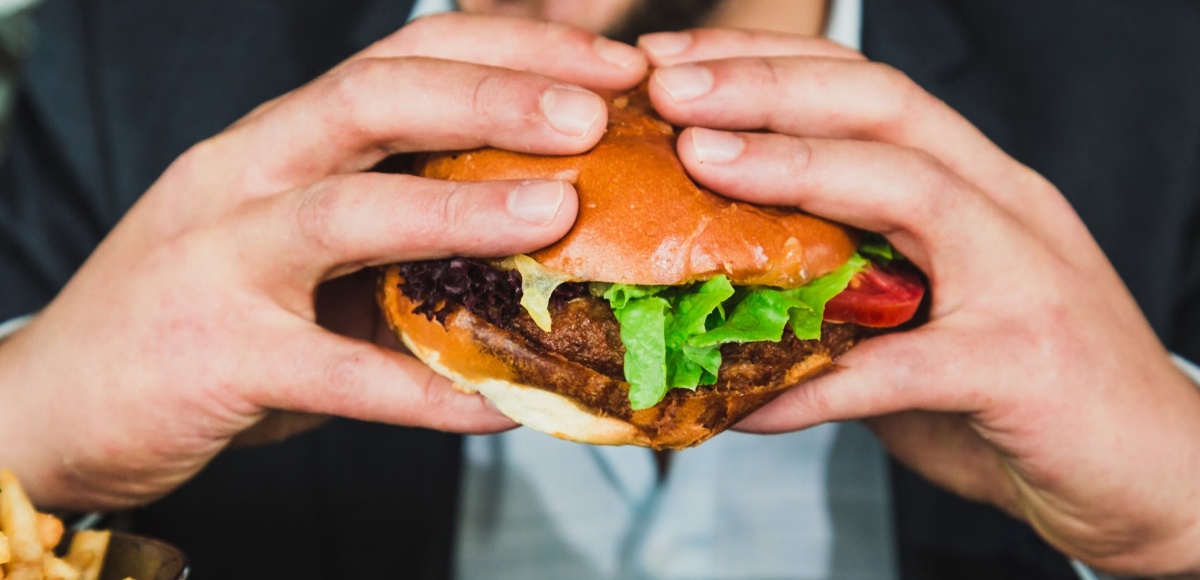
Emotional overeating disorders can be difficult and devastating for those who suffer from them. What makes this happen? Why is it that some people, knowingly or unknowingly, turn to food for comfort? Here are some thoughts and ideas on those questions.
Emotional overeating disorder is a general term that refers to any of various eating habits where genuine hunger is not the motivational factor. It is more common among women than men, but men are not immune – especially young men in their teens and twenties.
Those who suffer from this disorder associate food with emotional comfort, and will turn to eating to escape negative feelings.
Some of the causes that lead to an emotional overeating problem stem from but are not limited to:
Past Trauma.
For some with emotional overeating disorder, the problem stems from past traumatic events. Someone who suffered sexual abuse, for example, or some other kind of sexual trauma may overeat in response to feelings of anxiety and confusion. The result is a fatter body, which some sources suggest may cause the sufferer to feel “protected” from being attractive to the opposite sex. Subconsciously or consciously, the sufferer wants to be unattractive. Other examples of past trauma or unmet needs may cause a person to turn to emotional overeating.
Poor Self-Image.
People who suffer from low self-esteem and a negative self-image may seek escape by overeating. In a way, emotional overeating is a physical expression of what the sufferer feels inside, and the resulting weight projects the same image of self-disrespect.
Self-Medication.
Like alcoholics, those who struggle with emotional overeating may be unconsciously using food as a drug. Eating numbs or dulls the emotions that might be too hard to deal with otherwise.
Depression.
Studies indicate a strong correlation between depression and emotional overeating. Ironically, sometimes as depression grows worse a sufferer loses weight; weight loss means the sufferer is not eating as much, and therefore not engaging in his or her coping mechanism.
Stress.
Prolonged, unrelieved stress can have a profound effect on the body. Stress stimulates the body to produce, among other chemicals, the hormone cortisol. Cortisol apparently has a hunger-stimulating effect, and as the stressful emotions increase along with the cortisol, a cycle of emotional eating can play out.
Other Individual Triggers.
There are triggers or causes of emotional overeating that are not necessarily in the categories above. Some examples might be:
- Boredom
- Oral need or a need to satisfy your mouth’s need to do something
- Social pressure or embarrassment at eating in public, resulting in overeating in private
- Financial stress
- Relationship difficulties
The Vicious Cycle Of Emotional Overeating
One of the major issues of emotional overeating is that after eating the afflicted person knows that they were not eating correctly and then feels guilty for eating in the first place. Thus causing a self perpetuating the cycle. If left untreated or ignored, severe physical and mental damage can occur.
Breaking The Overeating Cycle
- Exercise
- Buddy Up
- Develop A New Routine
- Keep A Journal
- Find A Substitute For Food
1. Exercise
Take a walk at least. Get your mind off of food and release some endorphins at the same time.
2. Work It Out With A Buddy
Have arrangements to speak with or spend time with someone that knows your battle and will support you.
3. Fix Up A New Routine
Plan when and what you eat. Plan your meals. Have healthy snacks ready for the time your down time when you will be binge-watching TV. Don’t buy the salty snacks. When you are getting the groceries, get good foods that are easy to prepare.
Drink lots of water. Only water.
4. Keep A Journal
Log when and what you eat. Log how you felt before and after eating and when you have or have not done the other things on this list. Figure out what triggers you to eat can go a long way to changing when, how and what you eat.
5. Keep Your Head In The Game – Find A Substitute
As listed above, exercise is one way to overcome the craving to eat something. There are many other things that you can do as well.
One of the easiest times to want to eat is when you are bored or otherwise, mentally unoccupied. Start or do your hobby. Read books. Write. Do some of the items on your “Honey-Do” list. Wash the car, Mow the lawn. Go to the driving range.
Whatever works for you get your head busy and your body moving.
Conclusion
If you are suffering from an emotional eating disorder, please find a way to stop this habit. There are articles and products on this site that can help you. And we are happy to provide the information that we do. If needed, sooner than later we strongly recommend that you seek the advice and direction from certified health-care professionals.
If someone you know and love is suffering from an emotional eating disorder, do not judge them. Do your best not to enable them. Support them. Research our site and other sites on the Internet. If needed, be sure to also seek out professional advice.
What about you men out there? Have you suffered from an eating problem?
What advice can you offer? Have you found a way to combat it?
Be A Man – Do The Right Thing. Take Care Of Yourself And Your Family.
BAM!!! Be A Man! Do The Right Thing.
Be the DtRTy Guy!

